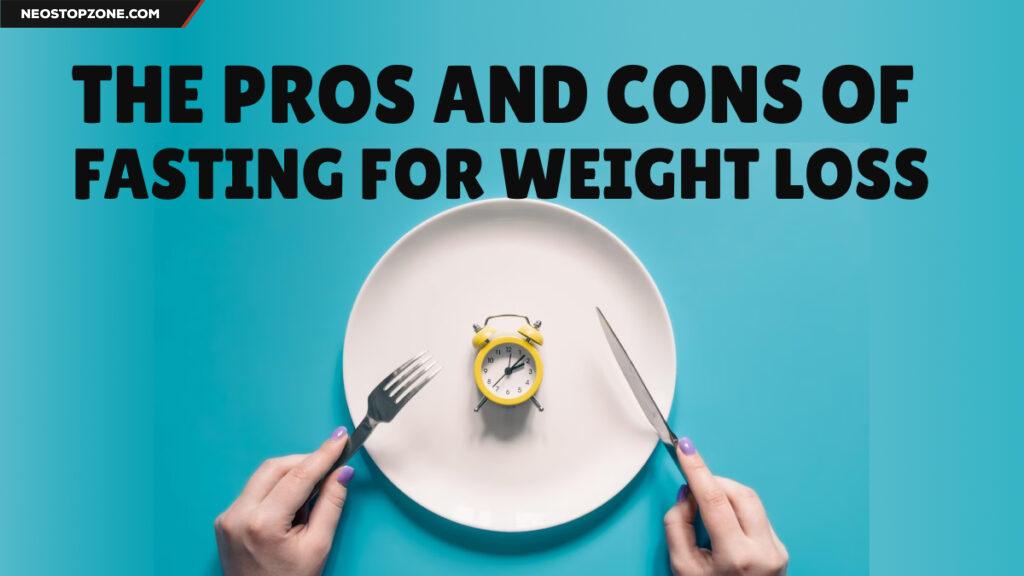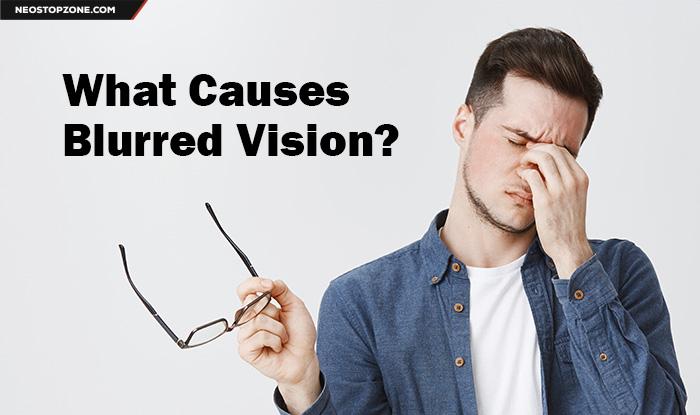
Fasting has become increasingly popular in recent years as a way to lose weight, improve health, and boost mental clarity. But is it a safe and effective method of weight loss? In this article, we’ll explore the pros and cons of fasting for weight loss and help you determine if it’s right for you.
What is Fasting?
Fasting is the act of abstaining from food and drink for a certain period of time. It has been practiced for centuries for religious, cultural, and health reasons. There are several types of fasting, including intermittent fasting, water fasting, juice fasting, and dry fasting.
Intermittent fasting involves cycling between periods of eating and fasting. The most popular method is the 16/8 method, where you fast for 16 hours and eat within an 8-hour window. Water fasting involves consuming only water for a certain period of time, usually 24-72 hours. Juice fasting involves drinking only fruit and vegetable juices for a certain period of time, usually 3-10 days. Dry fasting involves abstaining from both food and water for a certain period of time, usually 12-24 hours.
Pros of Fasting for Weight Loss
1. Promotes weight loss: Fasting can help you lose weight by reducing calorie intake and increasing fat burning. When you fast, your body uses stored fat for energy, which can lead to weight loss.
2. Improves insulin sensitivity: Fasting can improve insulin sensitivity, which can lower blood sugar levels and reduce the risk of type 2 diabetes.
3. Reduces inflammation: Fasting can reduce inflammation in the body, which is linked to several chronic diseases, including heart disease, cancer, and Alzheimer’s disease.
4. Promotes mental clarity: Fasting can improve mental clarity and focus by increasing the production of brain-derived neurotrophic factor (BDNF), a protein that promotes brain health.
Cons of Fasting for Weight Loss
1. May lead to muscle loss: Fasting can lead to muscle loss, especially if you don’t consume enough protein during your eating window.
2. May cause nutrient deficiencies: Fasting can lead to nutrient deficiencies if you don’t consume enough vitamins and minerals during your eating window.
3. May cause headaches and fatigue: Fasting can cause headaches and fatigue, especially during the first few days.
4. May lead to overeating: Fasting can lead to overeating during your eating window, which can negate the weight loss benefits.
Conclusion
Fasting can be a safe and effective method of weight loss if done correctly. It can promote weight loss, improve insulin sensitivity, reduce inflammation, and promote mental clarity. However, it may lead to muscle loss, nutrient deficiencies, headaches, fatigue, and overeating. If you’re considering fasting for weight loss, it’s important to consult with your healthcare provider and make sure it’s safe for you. It’s also important to consume enough protein and nutrients during your eating window and to listen to your body and stop fasting if you experience any negative side effects.
FAQs
1. Is fasting safe for everyone?
No, fasting may not be safe for everyone, especially pregnant or breastfeeding women, people with diabetes, and people with a history of eating disorders. It’s important to consult with your healthcare provider before starting a fasting regimen.
2. Can I drink water during fasting?
Yes, it’s important to stay hydrated during fasting. You can drink water, herbal tea, or black coffee during your fasting window.
3. How long should I fast for?
The length of your fast depends on the type of fasting you’re doing and your personal preference. It’s important to start slow and gradually increase the length of your fasts.
4. Can I exercise during fasting?
Yes, you can exercise during fasting, but it’s important to listen to your body and not push yourself too hard. It’s also important to stay hydrated and consume enough protein and nutrients during your eating window.
5. Can fasting cure diseases?
There is limited research on the effects of fasting on disease prevention and treatment. While fasting may have some health benefits, it’s not a cure for diseases and should not be used as a replacement for medical treatment.
